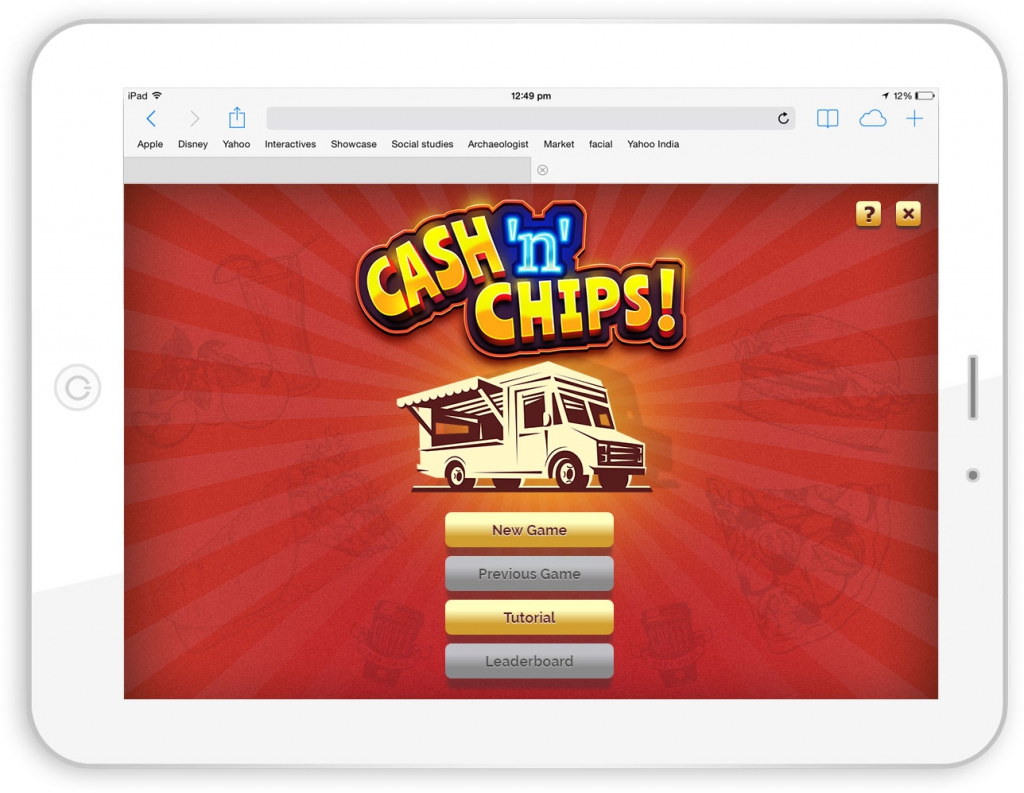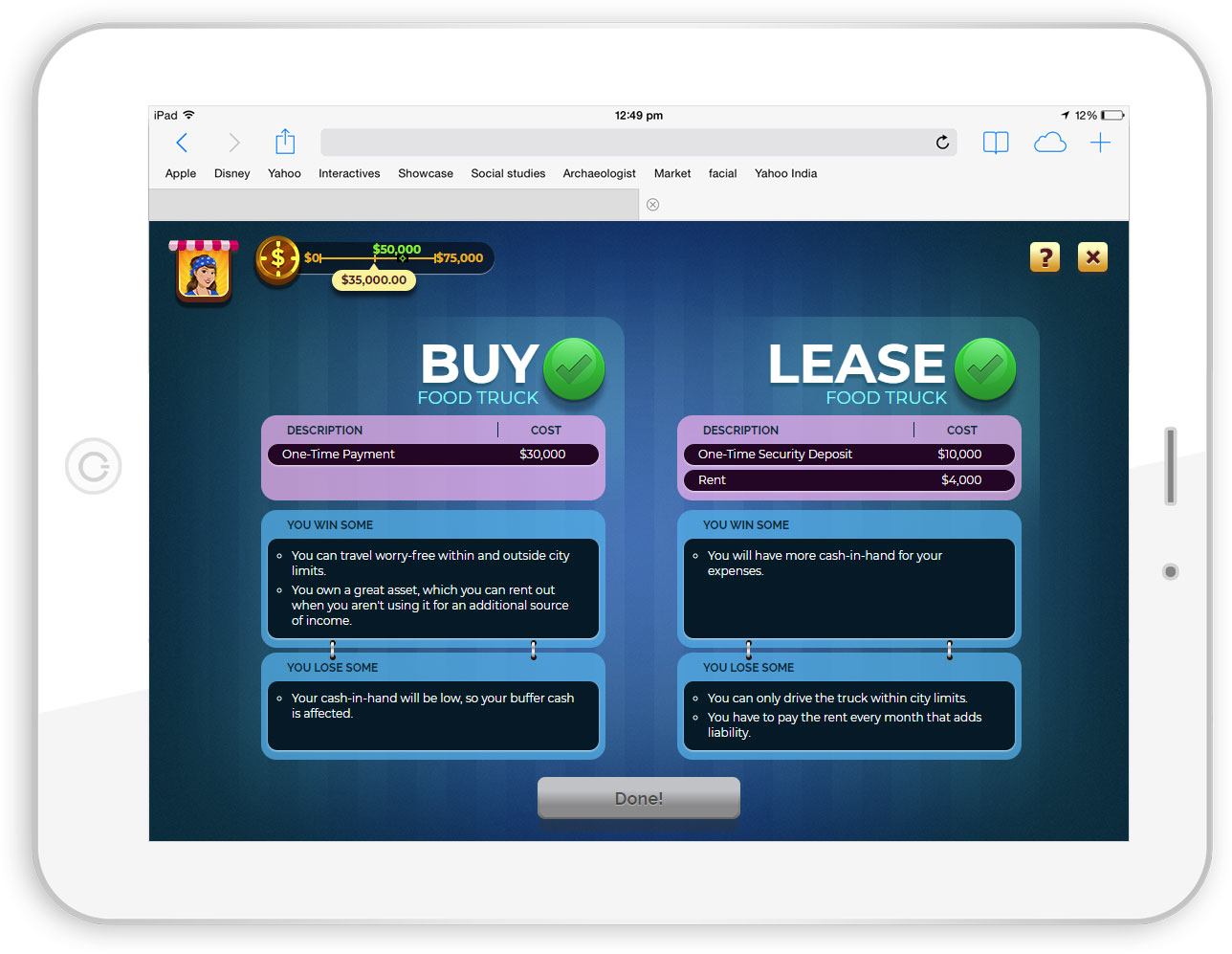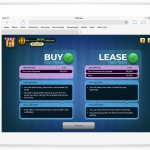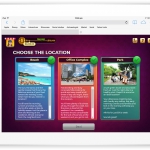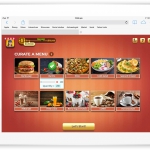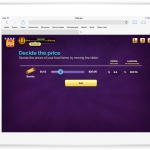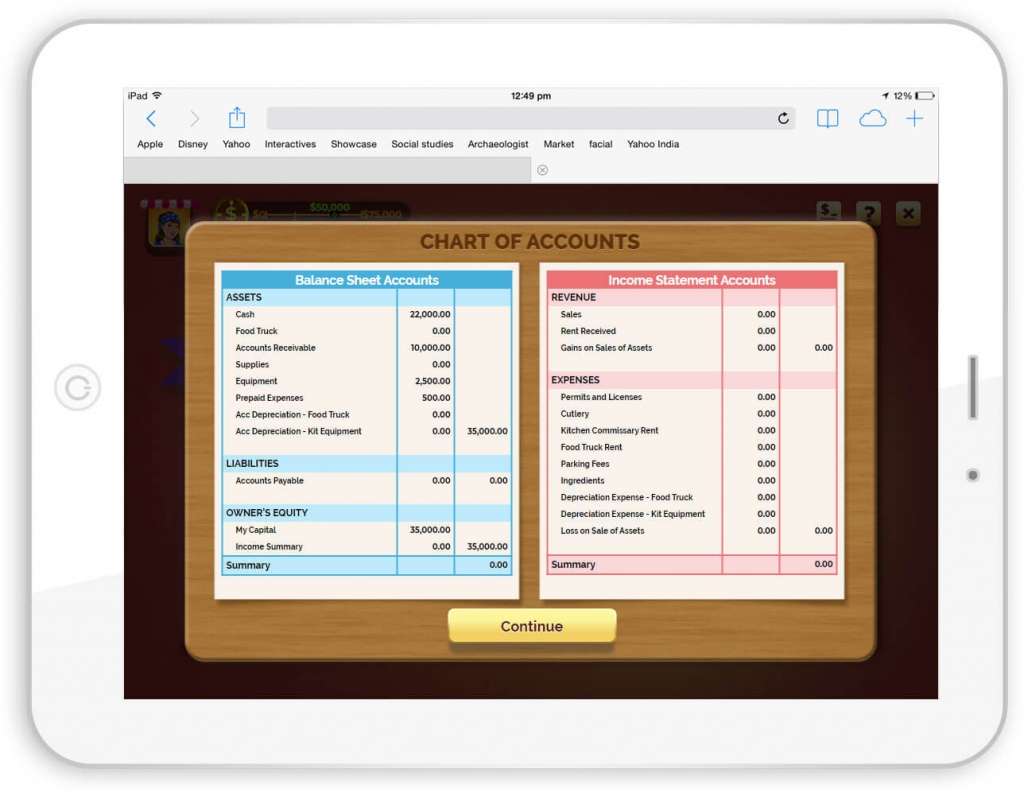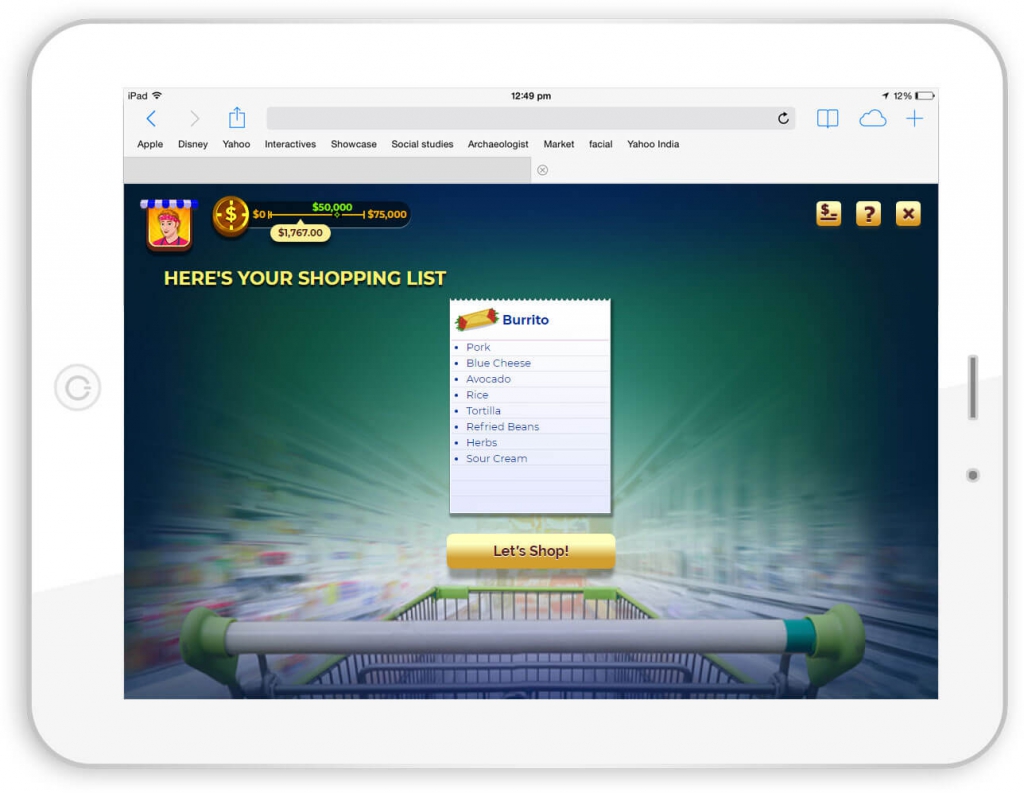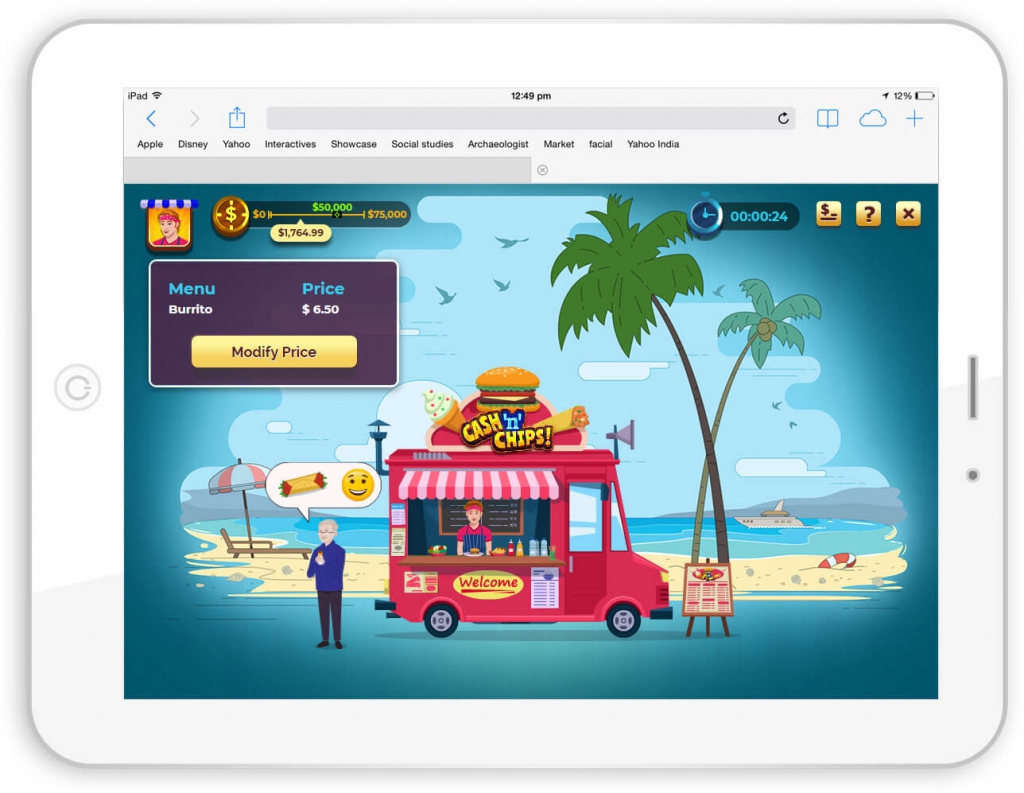Background and Business Need
When one successfully runs a chain of restaurants, the natural next step is to expand and taste success in other locations, too. Our client, a restaurant chain, had similar plans. They were expanding from a few branches on the West coast of the United States to multiple branches in parts of the East Coast.

These are only some of the questions that plagued our client. The most obvious answer to all the questions concerning consistency of experience was to have a well-organized and strong training program that catered to staff members at all levels of designation and expertise.
Our client had existing training material that was developed when they expanded from one restaurant to three. They wanted a partner who would evaluate the existing training, identify gaps, create a training roadmap, and develop learning solutions to address the identified gaps.
Challenges
One of the biggest challenges was the diverse target audience. Due to the different skills required to run a restaurant, skill sets and the level of experience varied greatly:
- Some staff members were complete novices
- Some core staff members had years of experience in specific areas
- Some staff members were being promoted from Kitchen Managers to General Managers (Full Service)
Each group required different training needs and not all staff members from any group were available for training in one location or at the same time.
Apart from this, the existing training was not well organized. They lacked consistency in style and format, as it was created at different points in time based on very specific learning goals relevant at the time.
Solution
To address our client’s business need, KnowledgeWorks Global Learning offered consultation and training development services.
As inputs, the client shared the following resources with us:
- Existing Staff Training Manuals: These documents contain content related to the restaurant’s policies and practices across different groups. In spite of the fact that the content is presented in a dry and boring manner, this document is a good resource for all staff members.
- Instructor Notes: Notes from instructor-led training held for different staff members
Phase 1: Analysis and Consultation
At the first phase of our engagement, we conducted a learning needs analysis using our proprietary PEAR model. The PEAR model consists of four phases with each phase containing multiple activities geared toward producing focused deliverables that inform the following phase.

This required intense involvement and discussion from both teams. Key activities of this phase included the following overarching tasks:
- Clarifying the brief and assessing the existing material
- Interviewing different staff members and stakeholders to determine the learning goals and requirements
- Analyzing the information gathered from first two stages and identifying the gaps
- Recommending strategies and solutions to address the identified gaps
Phase II: Design and Development
Based on our analysis, we recommended a blended learning approach that was a mix of instructor-led training, peer-to-peer/on-the-job training, and digital learning*.
The instructor-led and peer-to-peer/on-the-job training sessions addressed the needs of the kitchen, front-desk, and wait staff.
A large part of the training designed to address the needs of the administrative and managerial staff was digital.
*Our engagement on the design and development phase is ongoing.
Solution Highlights
One key solution from our proposed suite is a simulation game designed specifically for all the General Managers (Full Service).
KnowledgeWorks Global Learning needed to develop a solution that was engaging, that gave the learners a glimpse of the responsibilities they would have to handle, and provide a safe space to practice the tasks relevant to their role.
General managers of restaurants are responsible for a variety of tasks that include:
- Overseeing the restaurant’s operations
- Purchasing inventory
- Dealing with suppliers and vendors
- Taking decisions regarding the menu
- Budgeting, accounting, payroll, and other financial matters
- Promoting and advertising the restaurant
- Marketing and promotion
In response to these requirements, we designed and developed a simulation game that mimicked the experience of running a food truck business. In the game, learners have to run a food truck business for four weeks and generate a total revenue of $50,000.
Through the game, learners face many critical decisions related to running a food truck and maintaining a positive cash flow. Some of these decisions include:
- Choosing to buy the truck or take it up on lease
- Selecting the location to park the truck
- Deciding what to include on the menu and identifying quantities of food to buy and sell
- Pricing the menu items competitively
Each decision affects the cash flow or the reputation of the food truck, which in turn affects the sales and revenue.
Learners follow personalized paths in the game based on the decisions they take.
The chart of accounts is available to learners at all times, so they can track and assess their financial health while taking decisions.
The game also has a few interesting challenges:
- Learners have to memorize the ingredients for their chosen menu items and go shopping, but with a time limit
- They have to make each second count and gather all the ingredients before time runs out
- Failing to shop for the correct ingredients affects the food truck’s reputation and sales
- Learners may also face disasters (natural or human made) while they are parked at their chosen location
- For example, if they are at the beach, they may be forced to shut shop when a hurricane hits
- Similar challenges appear at different locations. Learners have to find a way to these overcome these losses within the time they have left
Outcomes
The game provides an experiential learning opportunity in a relevant environment and reinforces the learning through repetition. This made the game more appealing to the target audience when compared to the previous training solutions.
Newly recruited general managers at the existing restaurants have played the game multiple times, scoring higher profits on every round of play, which in turn is reflected in their work performance.
Our client shared that managers who took the training reported being more invested in their budget- and finance-related tasks, which had a direct impact on their KPIs:
- Cash flow management
- Menu item profit
- Menu engineering
- Inventory management



